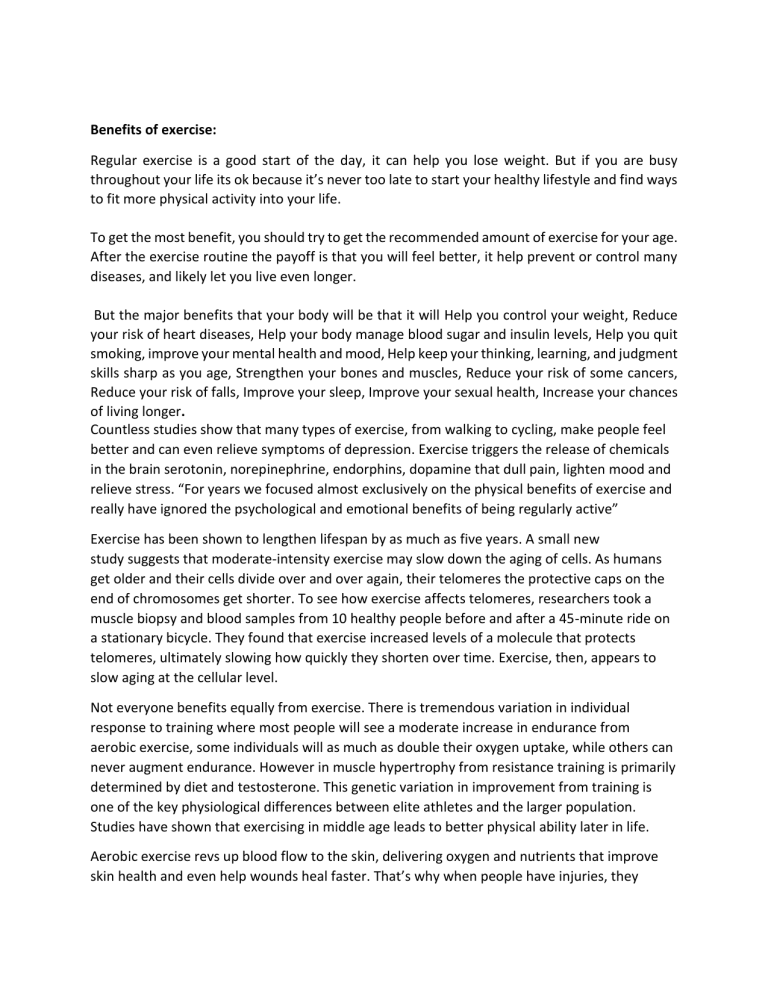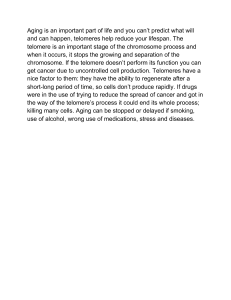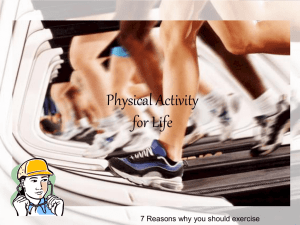
Benefits of exercise: Regular exercise is a good start of the day, it can help you lose weight. But if you are busy throughout your life its ok because it’s never too late to start your healthy lifestyle and find ways to fit more physical activity into your life. To get the most benefit, you should try to get the recommended amount of exercise for your age. After the exercise routine the payoff is that you will feel better, it help prevent or control many diseases, and likely let you live even longer. But the major benefits that your body will be that it will Help you control your weight, Reduce your risk of heart diseases, Help your body manage blood sugar and insulin levels, Help you quit smoking, improve your mental health and mood, Help keep your thinking, learning, and judgment skills sharp as you age, Strengthen your bones and muscles, Reduce your risk of some cancers, Reduce your risk of falls, Improve your sleep, Improve your sexual health, Increase your chances of living longer. Countless studies show that many types of exercise, from walking to cycling, make people feel better and can even relieve symptoms of depression. Exercise triggers the release of chemicals in the brain serotonin, norepinephrine, endorphins, dopamine that dull pain, lighten mood and relieve stress. “For years we focused almost exclusively on the physical benefits of exercise and really have ignored the psychological and emotional benefits of being regularly active” Exercise has been shown to lengthen lifespan by as much as five years. A small new study suggests that moderate-intensity exercise may slow down the aging of cells. As humans get older and their cells divide over and over again, their telomeres the protective caps on the end of chromosomes get shorter. To see how exercise affects telomeres, researchers took a muscle biopsy and blood samples from 10 healthy people before and after a 45-minute ride on a stationary bicycle. They found that exercise increased levels of a molecule that protects telomeres, ultimately slowing how quickly they shorten over time. Exercise, then, appears to slow aging at the cellular level. Not everyone benefits equally from exercise. There is tremendous variation in individual response to training where most people will see a moderate increase in endurance from aerobic exercise, some individuals will as much as double their oxygen uptake, while others can never augment endurance. However in muscle hypertrophy from resistance training is primarily determined by diet and testosterone. This genetic variation in improvement from training is one of the key physiological differences between elite athletes and the larger population. Studies have shown that exercising in middle age leads to better physical ability later in life. Aerobic exercise revs up blood flow to the skin, delivering oxygen and nutrients that improve skin health and even help wounds heal faster. That’s why when people have injuries, they should get moving as quickly as possible not only to make sure the muscle doesn’t atrophy, but to make sure there’s good blood flow to the skin. Train long enough, and you’ll add more blood vessels and tiny capillaries to the skin, too. Even very vigorous exercise like the interval workouts is studying can, in fact, be appropriate for people with different chronic conditions, from Type 2 diabetes to heart failure. That’s new thinking, because for decades, people with certain diseases were advised not to exercise. Now scientists know that far more people can and should exercise. A recent analysis of more than 300 clinical trials discovered that for people recovering from a stroke, exercise was even more effective at helping them rehabilitate.


